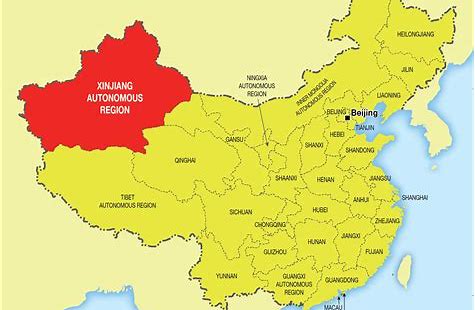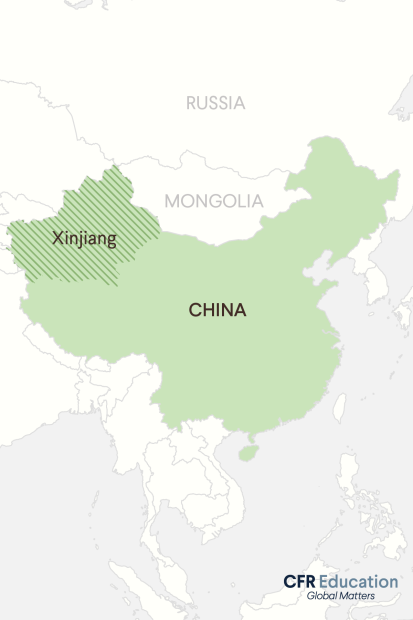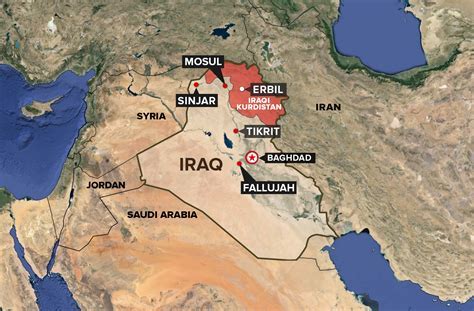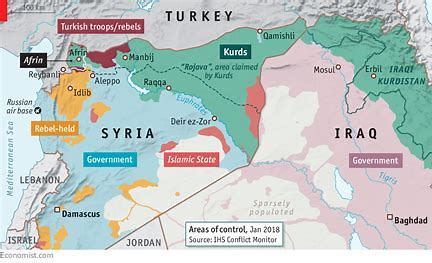

In the 1990s, a separatist movement led by Uighurs (a majority-Muslim ethnic group) started demanding the formation of an independent country called East Turkestan in China’s Xinjiang region. The movement accused the government in Beijing of forcing Uighurs to assimilate and give up their native language and religious practices. But to China, losing Xinjiang is not an option: the region holds an estimated one-fifth of China’s total oil reserves and 40 percent of its coal. These energy sources are critical to support China’s 1.4 billion people and sustain its economic growth. Xinjiang’s strategic location at the crossroads of Asia has become even more important as China builds railways and oil pipelines throughout the region. Moreover, Chinese political authorities do not want to set a precedent for the breakaway of other regions. China’s response to separatism has become increasingly severe.There are reports of the government interning more than a million Muslims in Xinjiang reeducation camps.Share
Additionally, some territories hold significant symbolic value, either domestically or internationally.







